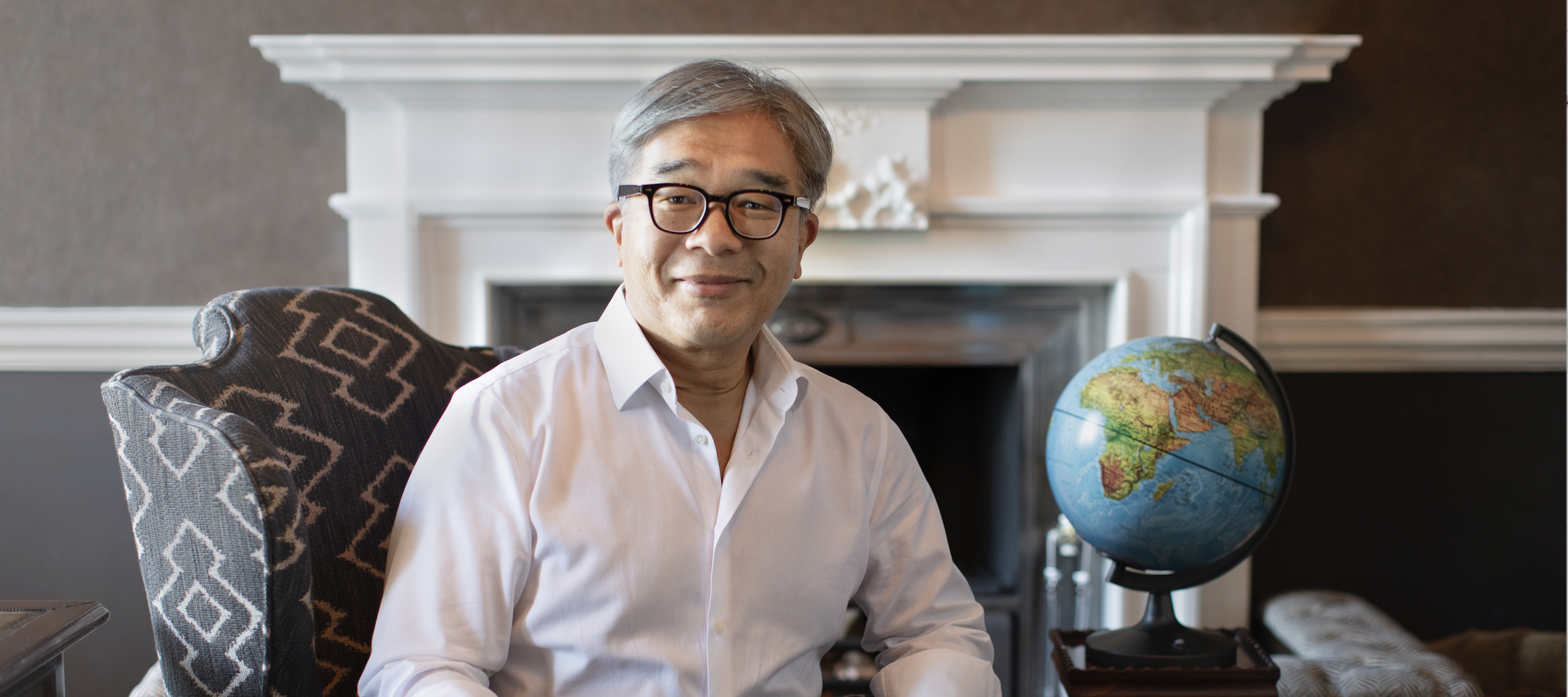2022 – A year in philanthropy
3 February 2023
In 2022, philanthropy was defined through an upsurge of high-profile donors dipping their toes into charitable giving – punctuated by the mainstream media publicising contemporary and “trendy” approaches to philanthropy.
Whether based on pragmatism or motivated by morals, these moves could not be more auspiciously timed with the complex issues that society faces today.
As we look ahead to 2023, I wanted to take a moment to reflect on the biggest moments in the philanthropic space this past year. In this overview, I will address the impact of the most significant interventions and ponder what they mean for the future of the community.
The rise of trust-based philanthropy
In 2022, we observed many donors try their hand at championing their preferred method of giving, with the media eagerly awaiting any misstep. In particular, we began to see an abundance of philanthropists adopt a “hands-off” approach to giving.
This method relies on trusting in experts and letting people on the ground identify issues and thereby lead the solutions. The best example is Mackenzie Scott, who has, in turn, exercised upwards of £12.8 billion in trust-based capital.
Scott’s methods are not without critique, with many comparing the process of ‘hands off’ philanthropy to putting on a blindfold, pointing and hoping it will stick. Forbes even went so far as to say that ‘how and why she picks certain nonprofits is a puzzle even to them’.
Bezos’ pledge to give away most of his fortune
It would be heedless not to mention Jeff Bezos’ recent vow to donate most of his wealth in the same breath as his ex-wife’s sustained contributions to global change.
Amazon’s founder’s pledge is especially noteworthy considering the divisive nature of the depictions of the two in the media. Scott is regarded as a philanthropic ‘powerhouse’ while Bezos scorned for donating a measly fifth of the amount of charitable capital Scott had donated up until October.
Nevertheless, the sheer magnitude and power of the potential distribution of his colossal $124bn holds boundless opportunity. I will be watching intently to see what approach Bezos will deploy to ensure his capital is as catalytic as possible, in pursuit of his elected causes of solving climate change and reducing inequality.
The fall of effective altruism
A newly favoured method of charitable giving, rooted in assessing risk and driven by the ambition of shifting the paradigm on complex issues presented to society that we collectively seek to solve.
The mission, characterised by Elon Musk’s resonation with the central concept of ‘longtermerism’. And the method, popularised through the adoption by global, high-level philanthropists – it is of no wonder that the concept garnered a precarious balance between support and scepticism.
However, shifts in public opinions on EA’s poster child, Sam Bankman-Fried, the crash of FTX and the subsequent controversy damaged the reputation of effective altruism. As a result, many players stepped back from identifying with the term.
A $15bn vision
Closing off the year, Melinda French Gates declared her intention to change the face of philanthropy.
A tall order to fill, but one that’s reasonably founded considering she is responsible for distributing a monumental $65.6bn in philanthropic capital to eradicate Polio and Malaria.
Recognising the disparity between the diverse philanthropic strategies deployed this year, Gates proposes a simpler approach that heavily relies on collaboration.
With a vision to challenge some of the world’s most pressing problems, she is now set on pooling resources with the world’s wealthiest to accelerate further systems change at a massive scale.
As we advance into 2023, I keep one question at the forefront of my mind: what could philanthropy achieve if all ultra-high-net-worth individuals committed to join the pursuit of one cause, driving disruptive impact and radical change? Our world is desperately in need of revolution, not evolution, which we are in a unique position to deliver.
Naturally, I look forward to the materialisation of Melinda French Gates’ vision for accelerating progress and impact on the year ahead. And I hope to see more UHNW individuals begin to roll up their sleeves to accelerate real change. Through the practice of disruptive methods of deploying capital and the application of philosophies such as moonshot philanthropy, a fruitful year awaits.

